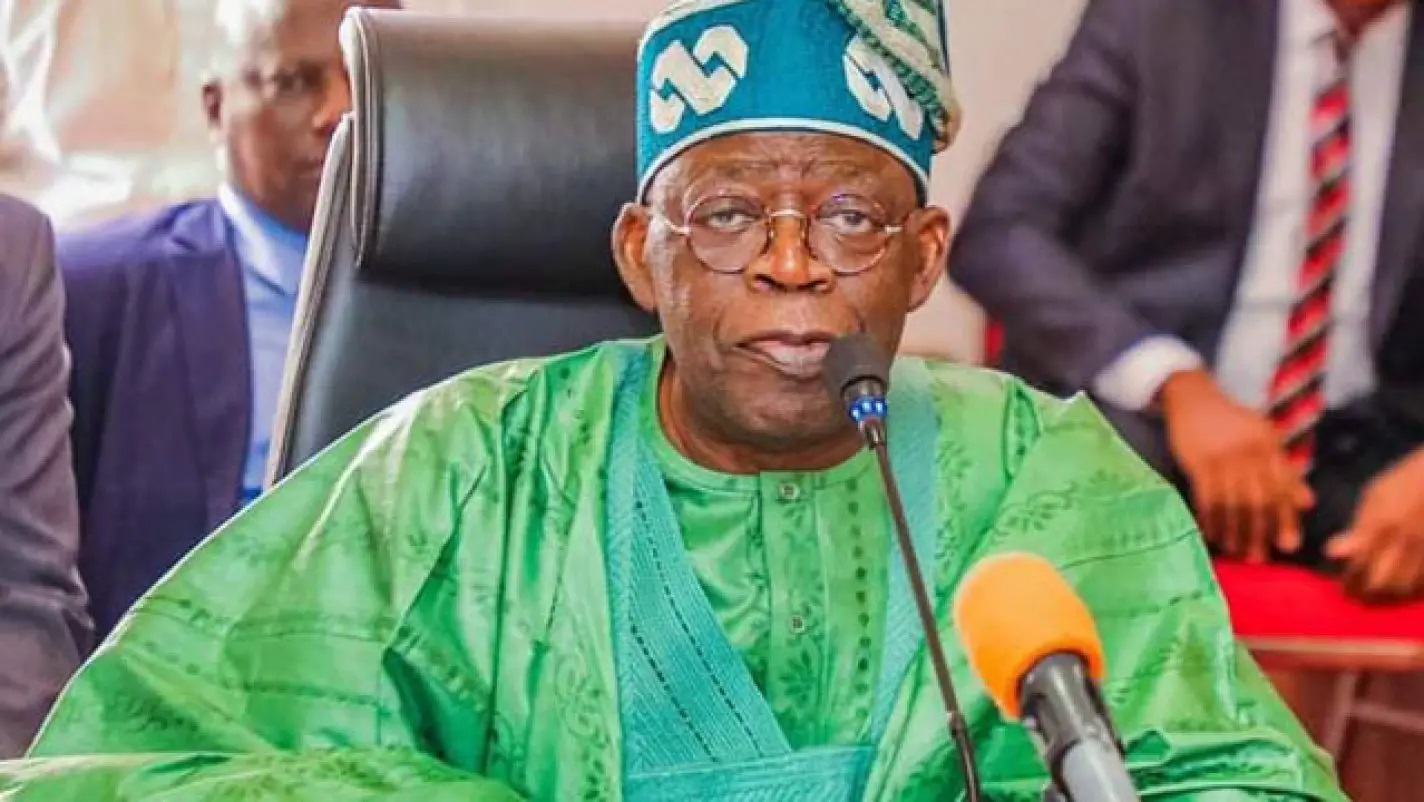As the waters of Lake Chad continue to recede, the time to act is now. The shrinking of this vital water body not only poses an existential threat to millions but also exacerbates the challenges of food security and poverty in the region. It is imperative that the federal government, led by President Bola Ahmed Tinubu, together with development partners and international stakeholders such as the European Union, take decisive action to implement the recharging of Lake Chad—a project that holds the key to the sustainable development of the region.
Lake Chad, once one of Africa’s largest lakes, has dramatically reduced in size due to factors like overuse of water, extended drought, and climate change impacts. This has resulted in severe consequences for agriculture, water supply, and the livelihoods of the local populations that depend on it. The urgency of this situation cannot be overstated, and the feasibility study conducted by International Partenaire de genie in 2011 has already laid down a comprehensive plan that, if implemented, promises to reverse this environmental catastrophe for humanity’s good.
The importance of Lake Chad in the ecological and economic landscape of West Africa cannot be underplayed. It supports millions of people across different countries including Nigeria, Niger, Chad, and Cameroon.
The lake is not just a source of water but a lifeline that supports fishing, agriculture, and livestock keeping, critical components of the regional economy. The depletion of Lake Chad has led to a sharp decline in these activities, plunging the area into deeper economic hardship and food scarcity that led to the emergence of armed groups – Boko Haram and its affiliates.
- Auditors-General call for confirmation of state’s acting auditors
- Minister advocates 30 per cent youths inclusion in cabinets
There is a feasibility study by International Partenaire de genie that highlights viable methods of recharging the lake, ensuring long-term sustainability and addressing the underlying causes of its depletion. The study proposes solutions such as the diversion of water from the Congo River Basin, which could replenish the lake significantly. This project is not just about bringing water back to a basin; it’s about restoring an ecosystem, a way of life, and stabilising a region torn by environmental degradation and its cascading effects.
Furthermore, international interest, particularly from the German and Italian governments, underscores the global importance and viability of this project. These countries have expressed readiness to fund and support the initiative, recognising that the health of Lake Chad is intricately linked to global environmental health and economic stability in the Sahel region. Such international collaboration exemplifies the kind of global partnership that is essential for addressing complex environmental issues that transcend national boundaries.
However, commitment from global partners must be met with equal fervour by local governance. The Lake Chad Basin Commission (LCBC), which includes Nigeria and neighbouring countries, must galvanise its efforts to coordinate and expedite action. President Tinubu’s leadership is crucial in this regard. His administration has the opportunity to lead this charge, advocating for the mobilisation of resources, facilitating international partnerships, and ensuring that the project aligns with the broader goals of sustainable development in the region.
The recharging of Lake Chad is also a strategic move towards mitigating conflict in the region. The scarcity of resources linked to the lake’s shrinkage has fueled conflict among communities and has been a catalyst for displacement. By restoring Lake Chad, we can address one of the root causes of these conflicts, thereby contributing to regional stability and peace in line with the African Union 2063 Agenda.
The project also aligns with the UN Sustainable Development Goals (SDGs), particularly those related to clean water and sanitation (Goal 6), decent work and economic growth (Goal 8), sustainable cities and communities (Goal 11), climate action (Goal 13), life below water (Goal 14), and partnerships to achieve the goals (Goal 17). It is a beacon of holistic development, integrating environmental, economic, and social dimensions of sustainability.
In my view, to effectively address the urgent need to recharge Lake Chad and secure the necessary international support, it is advisable for President Bola Ahmed Tinubu to appoint a Special Envoy to the G8 and BRICS nations. This envoy should be an individual with considerable experience and robust international contacts, tasked specifically with advancing the Lake Chad water transfer project. The strategic importance of such an appointment cannot be overstated, as the role would bridge the gap between national interests and global cooperation.
As we all know the shrinking of Lake Chad has created a humanitarian and environmental crisis that not only affects Nigeria but also its neighbouring countries. This situation calls for a coordinated international response, and a Special Envoy would be pivotal in liaising with key international partners and stakeholders. By engaging directly with the G8 and BRICS, the envoy can harness their economic and technological prowess to bolster the project, ensuring it receives the attention and funding it critically requires.
The ideal candidate for this role should possess a deep understanding of international diplomacy, environmental issues, and economic development strategies. Their efforts will be crucial in articulating the benefits of the Lake Chad project not only as a regional priority but also as a global imperative. Appointing a Special Envoy would signal Nigeria’s commitment to solving this ecological challenge while fostering a spirit of international collaboration. It would expedite the implementation process, bringing us closer to a revitalised Lake Chad, thereby securing a better future for millions who depend on its resources.
The restoration of Lake Chad is not just an environmental imperative but a socioeconomic necessity. It is a chance to rejuvenate a region, to turn back the tide of poverty and insecurity, and to show what can be achieved when local commitment meets global solidarity. President Tinubu, the Nigerian government, the Lake Chad Basin Commission, the European Union, and other development partners must prioritise and fast-track the implementation of the Lake Chad recharging project. The time to act is now; the stakes are too high, and the benefits, immense. Let us not delay any longer in safeguarding and revitalising this invaluable resource. For the sake of today’s populations and generations to come, let’s bring life back to Lake Chad.
Dr Adam, wrote from Maiduguri

 Join Daily Trust WhatsApp Community For Quick Access To News and Happenings Around You.
Join Daily Trust WhatsApp Community For Quick Access To News and Happenings Around You.


